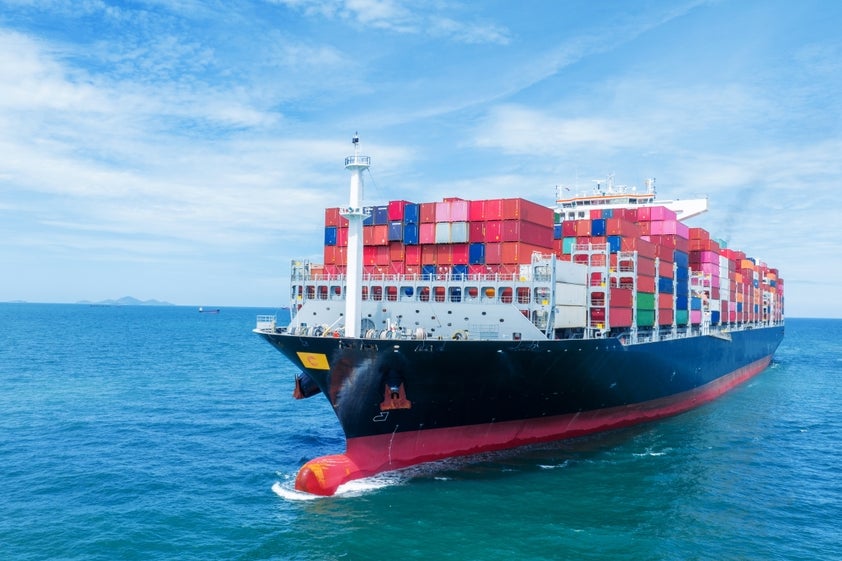Tens of thousands of dockworkers have gone on strike, potentially affecting holiday shopping. The strike began after the International Longshoremen’s Association and the U.S. Maritime Alliance failed to agree on a new labor contract.
What Happened: The strike has led to the closure of 36 ports along the East and Gulf Coasts, which handle nearly half of all U.S. ocean imports. This could cost the economy $540 million daily, as per The Conference Board’s analysis, Business Insider reported on Tuesday.
The union is demanding a 77% pay increase over six years to match inflation. This demand would still place them below many of their West Coast counterparts, CBS News reported.
The timing is critical, with the U.S. presidential election a month away and the holiday season approaching. The strike follows Hurricane Helene, which caused significant damage and disrupted supply chains in the Southeast.
While large retailers like Walmart Inc. WMT and Home Depot Inc. HD have prepared for such disruptions, mid-size and smaller businesses may face significant challenges.
“The Fortune 100s — your Walmarts and even Home Depots — are probably going to be fine,” Pacula said.
“They generally have very mature supply chains,” Brian Pacula, a supply chain partner at West Monroe consulting firms, said.
Michael Yamartino, CEO of Route, noted that rerouting shipments to the West Coast will be costly and time-consuming, thus affecting mid-sized and smaller businesses that rely on European suppliers.
“The auto industry is high on that list,” Yamartino added.
President Joe Biden has stated he has no plans to intervene, despite calls from trade groups. However, if the strike continues, federal involvement may become necessary to prevent further economic damage.
Why It Matters: The strike’s impact extends beyond the immediate closure of ports. Major companies like Amazon.com Inc. AMZN, Apple Inc., AAPL and Tesla Inc. TSLA are bracing for substantial disruptions. These companies rely heavily on East Coast ports for consumer electronics and inventory, and delays could significantly impact their operations, especially with the holiday shopping season around the corner.
The strike, which began on Oct.1, could halt billions of dollars worth of goods, potentially complicating holiday shopping. The New York Times reported that the last time the International Longshoremen’s Association orchestrated a strike of this magnitude was in 1977. Recent labor victories by major unions like the Teamsters and the United Auto Workers (UAW) have set a high bar, giving the dockworkers significant leverage in their negotiations.
Read Next:
Image via Shutterstock
This story was generated using Benzinga Neuro and edited by Pooja Rajkumari
Market News and Data brought to you by Benzinga APIs
© 2024 Benzinga.com. Benzinga does not provide investment advice. All rights reserved.












